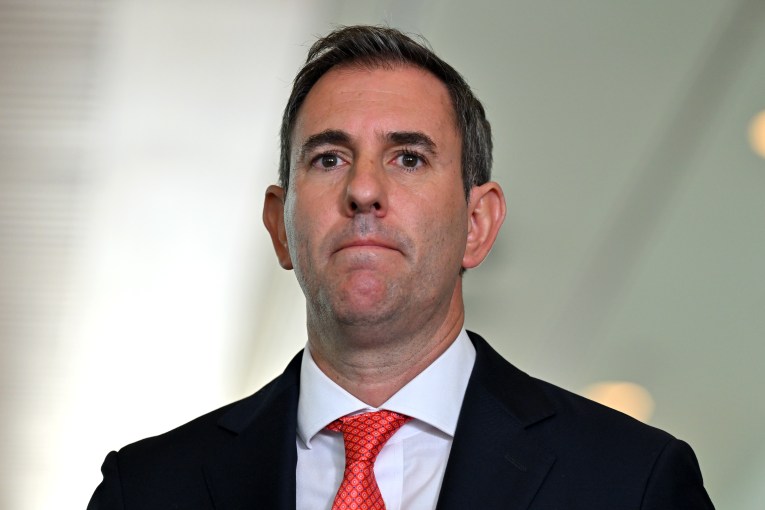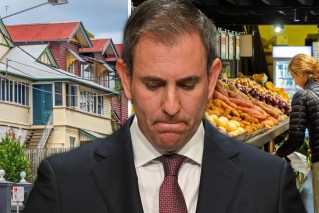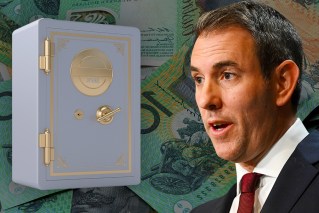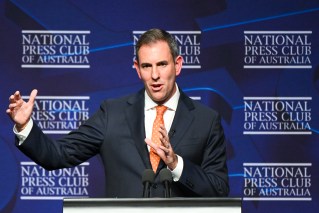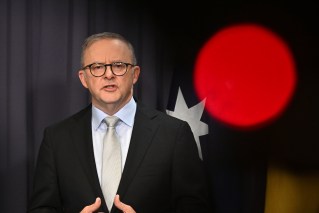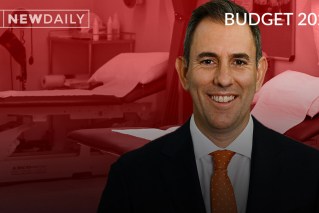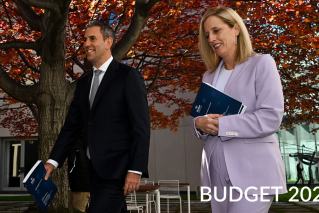Coronavirus recession smashes mighty hole in federal budget
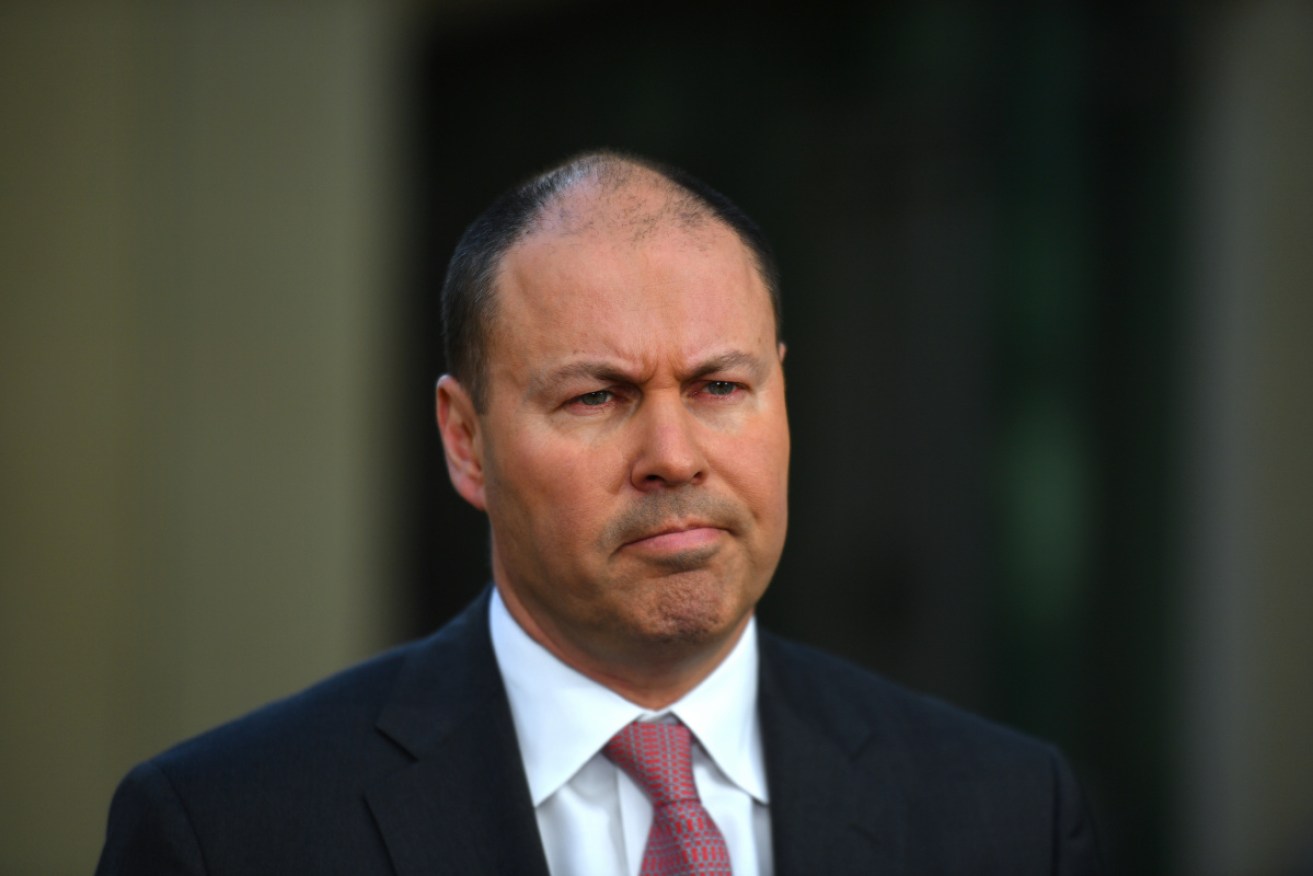
The pandemic, and support resulting from it, has led to an $85 billion deficit. Photo: AAP
The coronavirus pandemic and deepest recession since the 1930s has turned a forecast $5 billion federal budget surplus into an $85.3 billion deficit.
The 2019/20 Final Budget Outcome report, released on Friday, was a stark contrast to the mid-year economic review released in December 2019 as the government pumped billions of dollars of support into the economy and tax revenues dived.
Treasurer Josh Frydenberg said Australia had approached the global pandemic from a position of economic strength.
“Yes, the hole in the Australian economy is significant. Yes, the road back will be long, bumpy and hard,” he said on Friday.
“But we have performed so much better than nearly every other nation in the world.”
The final budget outcome sets the base for the 2020/21 budget to be delivered on October 6.
Mr Frydenberg said the new budget would focus on measures to boost aggregate demand and business investment.
The government will not pursue budget repair until the unemployment rate falls below 6 per cent.
“It is a significant change to our fiscal strategy, it does reflect the economic circumstances we’re in,” he said.
The Coalition has also ditched its commitment to any surpluses over the next four years, which it said would risk undermining the economic recovery.
Gross debt hit $684.3 billion, or 34.5 per cent of GDP and is set to head towards the $1 trillion mark when the budget figures are updated in a fortnight.
Shadow treasurer Jim Chalmers said the Coalition government had promised a surplus in its first year and every year, and delivered six deficits before the pandemic.
“It’s hard to put any faith in the government’s new fiscal strategy when they have failed their own tests so spectacularly for seven years,” he said.
He noted the Coalition had labelled Labor’s debt in 2013 as a “disaster” when it was a fraction of today’s debt.
“But after skyrocketing on Mr Frydenberg’s watch, it is now ‘manageable’.”
Finance Minister Mathias Cormann was adamant the government would not pursue tax increases or harsh austerity policies in response to the crisis.
“We’ll repair the budget by a focus and a priority on the economic and jobs recovery, and then of course beyond that, controlling expenditure growth moving forward,” he said.
Australian Industry Group chief Innes Willox said while the figures were “staggering” there was no doubt the economy would be in worse shape had the government not stepped in to stem the tide of job losses and business failures.
“Sometimes you have to spend money to avoid losing more money. This is one of those times,” he said.
-AAP
